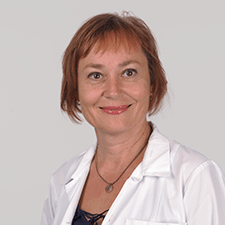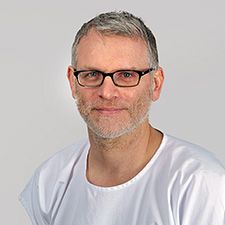When is radioiodine therapy performed?
Radioiodine therapy is performed for various diseases of the thyroid gland:
- For Graves’ disease (hyperthyroidism) to eliminate the thyroid gland.
- In the case of autonomy (hyperfunction) to eliminate the autonomic nodes.
- In the case of thyroid carcinoma, to remove residual thyroid tissue.
- In the case of goiter (goiter) to reduce the size of the thyroid gland.

